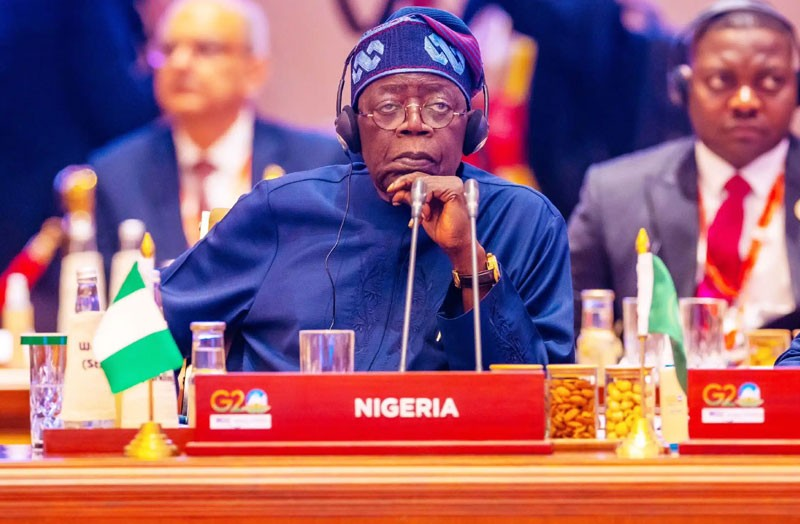BUSINESS

TINUBU’S ADMINISTRATION QUIETLY LAYS GROUNDWORK FOR A CONSUMER CREDIT REVOLUTION IN NIGERIA
For decades, Nigeria has run a cash-based economy: cars, homes, school fees—everything paid upfront. Unlike the U.S., UK, India, or even South Africa, credit hasn’t been part of everyday life. But with inflation soaring and purchasing power eroding, that’s beginning to change.
Under President Tinubu, necessity is pushing credit to the forefront. New government-backed initiatives are laying the groundwork for a credit-driven economy:
CrediCorp, launched in 2024, has disbursed ₦3.5 billion to workers and small businesses.
The Renewed Hope Housing Programme has allocated over ₦100 billion toward mortgages and housing.
NELFUND has provided ₦54 billion in student loans to over 290,000 students.
The National Credit Guarantee Company (NCGC) now backs lenders with ₦100 billion in capital to reduce loan risk.
These steps mark real progress, but challenges remain. Nigeria needs:
A retail credit rating agency for accurate loan risk assessment.
A Consumer Credit Ombudsman to resolve disputes and build trust.
Securitization structures so banks can recycle credit.
Insurance frameworks to protect borrowers and lenders.
A central digital lending registry to track borrowers and prevent over-lending.
Household credit in Nigeria is just 6% of GDP, compared to 43% in India. Closing that gap could unlock a ₦60 trillion credit market. Nigeria’s cash-first culture isn’t gone—but it’s fading. With smart reforms and stronger institutions, a true credit economy could emerge—offering Nigerians not just survival, but real financial freedom.
"This represents a significant development in our ongoing coverage of current events."— Editorial Board









